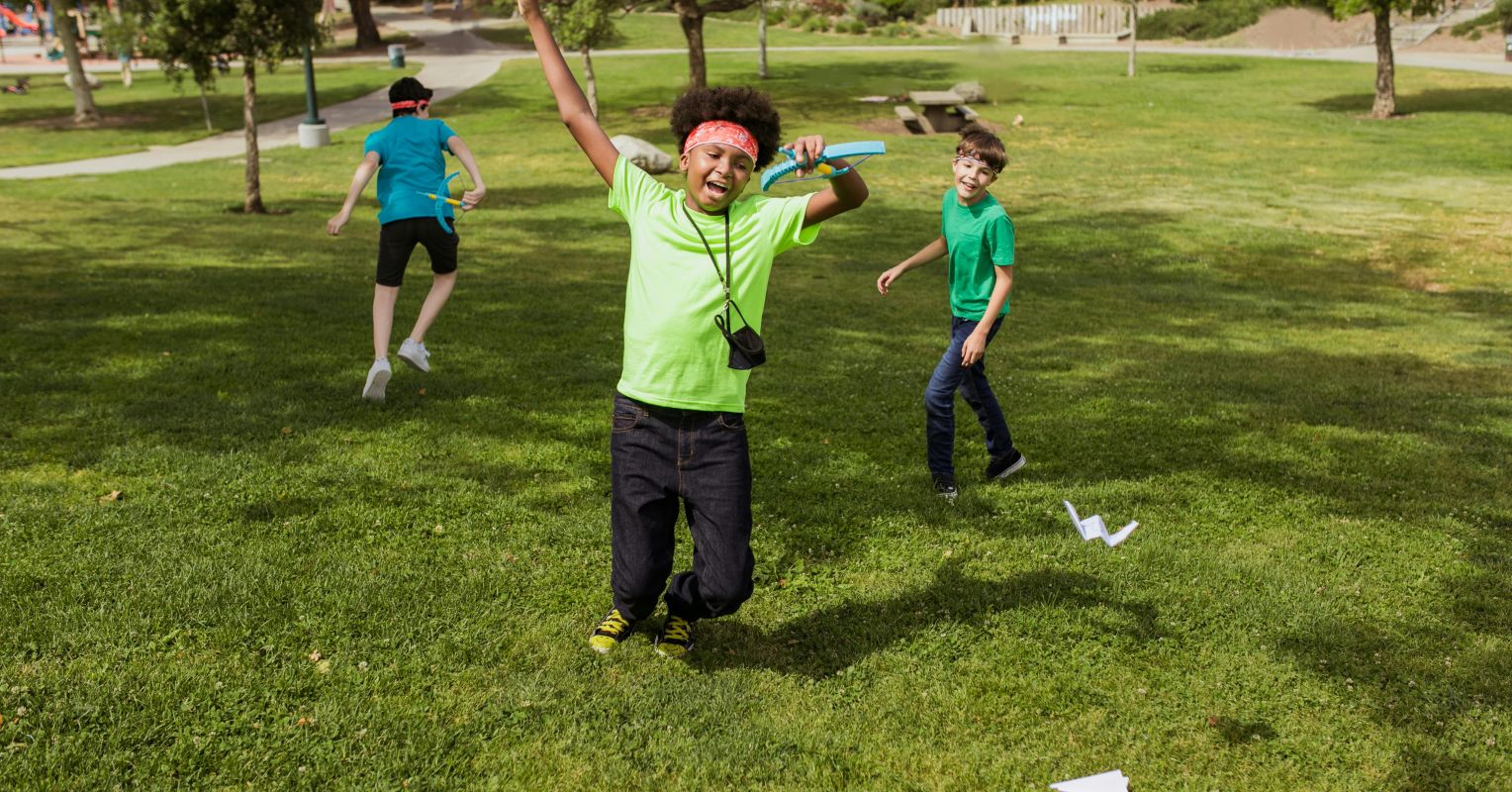
"For millennia, adults argued the youth they live with were the weakest, most selfish, and least respectful across the evolution of human existence. Those same annoying teenagers went on to build bridges, go into politics, break athletic records, and continue today to develop modern technologies never dreamed of historically. Ironically, they also went on to raise children of their own, who they too described as even more lazy, rude, self-absorbed, and lost to the luxuries of modern living than they were accused of before!"
"In exploring what has happened and what can be done, Kids These Days covers a huge range of issues across three related parts: interference, intevention, and ideology. As the authors summarize in the introduction: " Part I: Interference explores increased loneliness, loss of connection, digital interference, and the impact of environmental toxins on youth development. Part II: Intervention takes a critical look at the labeling of mental disorders, psychotherapy, the overprescription of psychiatric medications, and universal school-based programs teaching social emotional"
Adolescents require opportunities to experience the world and encounter manageable risk to build agency, competence, and resilience. Play and activities containing elements of risk foster decision-making, confidence, and adaptive capacity. Increased social media use and technological reliance contribute to loneliness, loss of connection, and digital interference with development. Environmental toxins can negatively affect youth development. Diagnostic labeling, psychotherapy practices, and psychiatric overprescription warrant critical examination, as do universal school-based social-emotional programs. Historical adult complaints about youth contrast with young people's achievements and later parenting. Allowing autonomy, experiential learning, and living without fixating on unlikely negative outcomes supports growth and a thriving mindset.
Read at Psychology Today
Unable to calculate read time
Collection
[
|
...
]